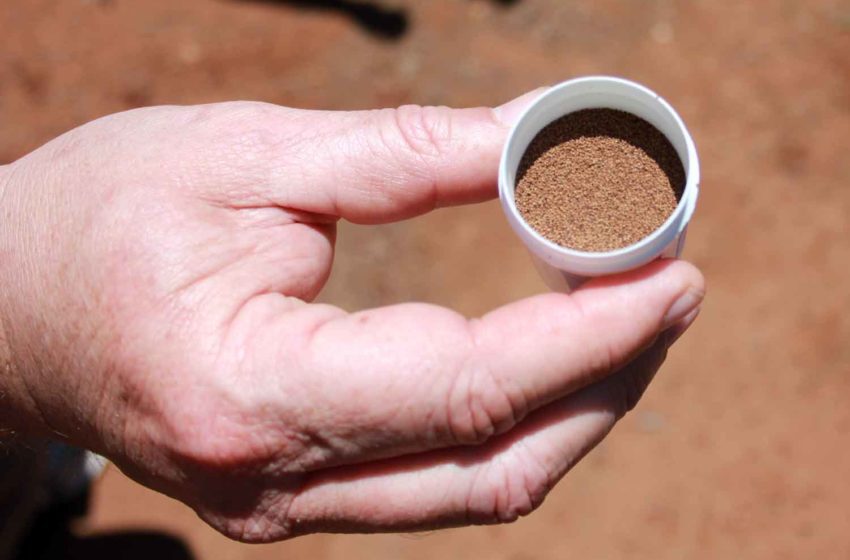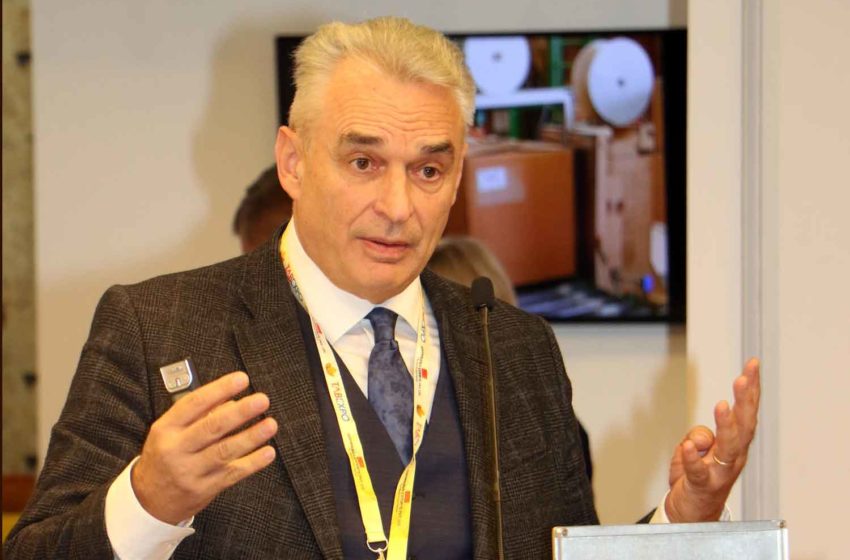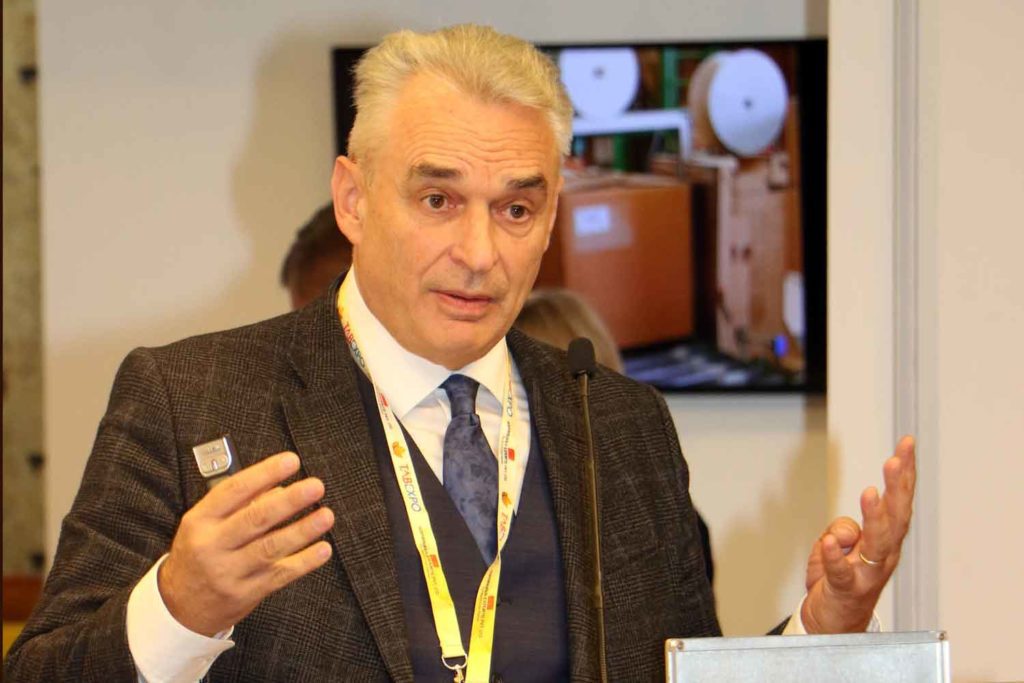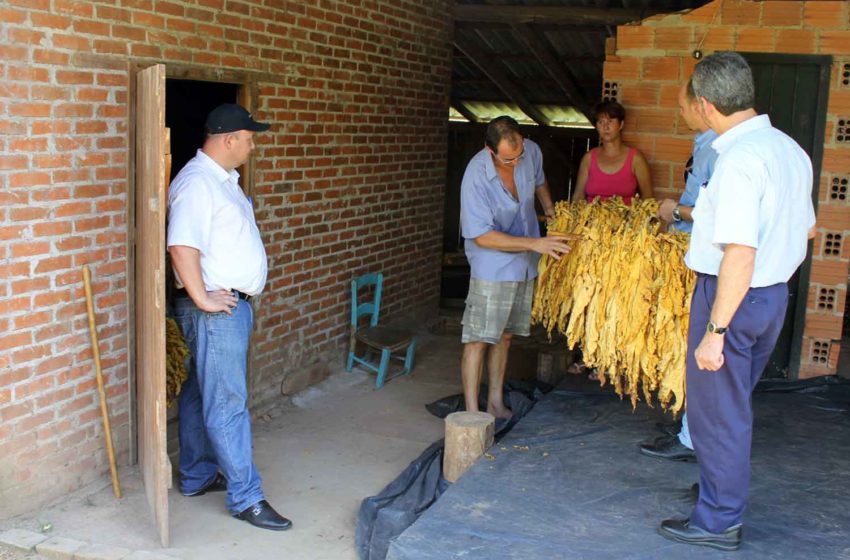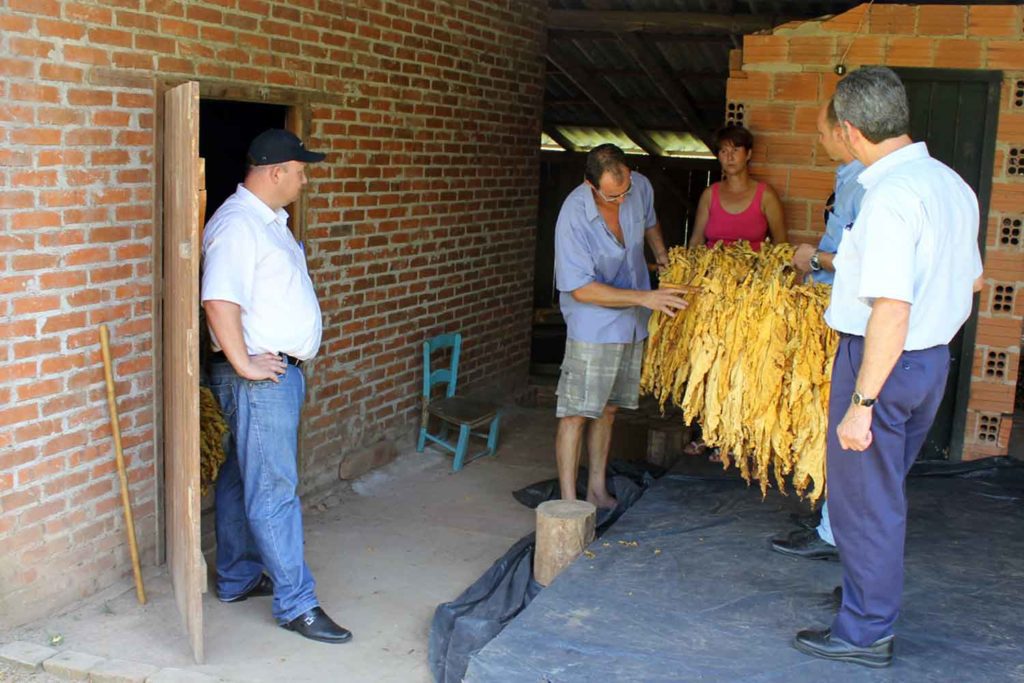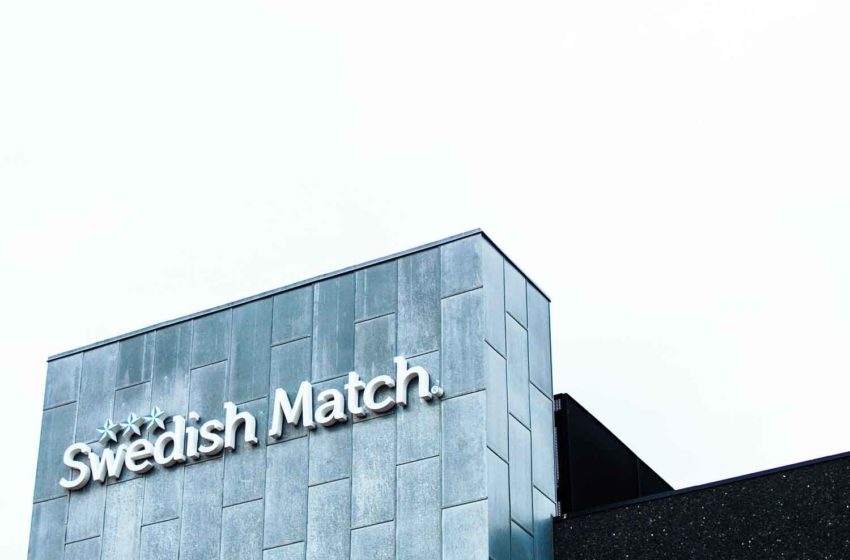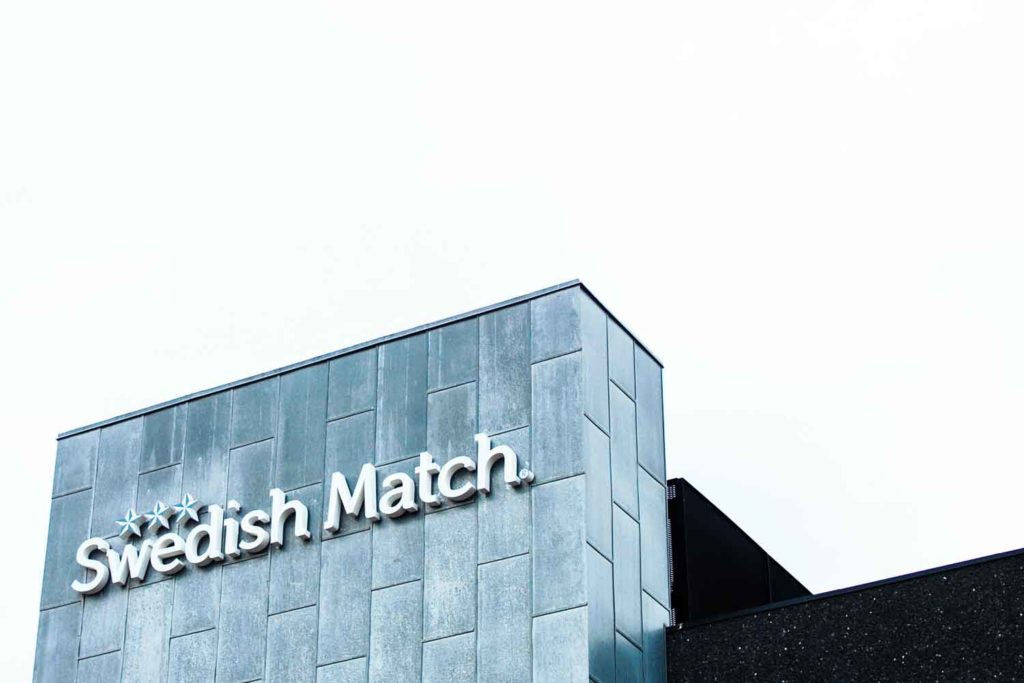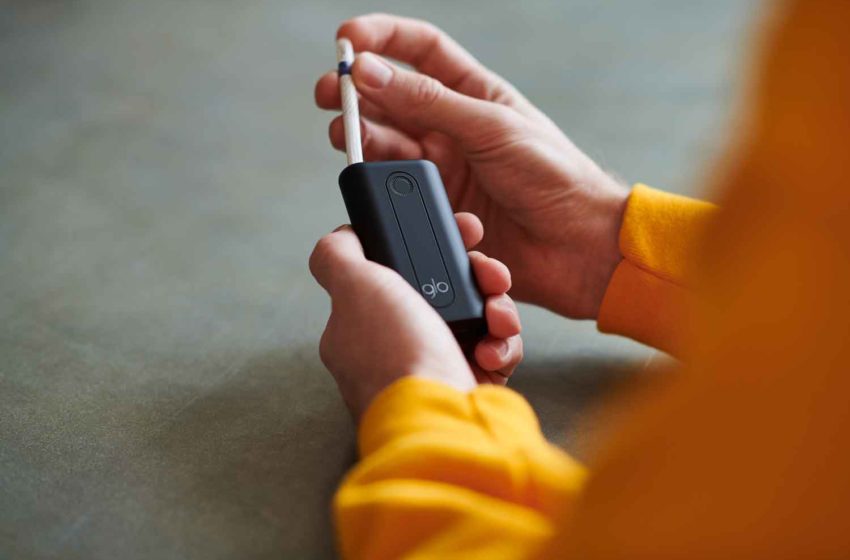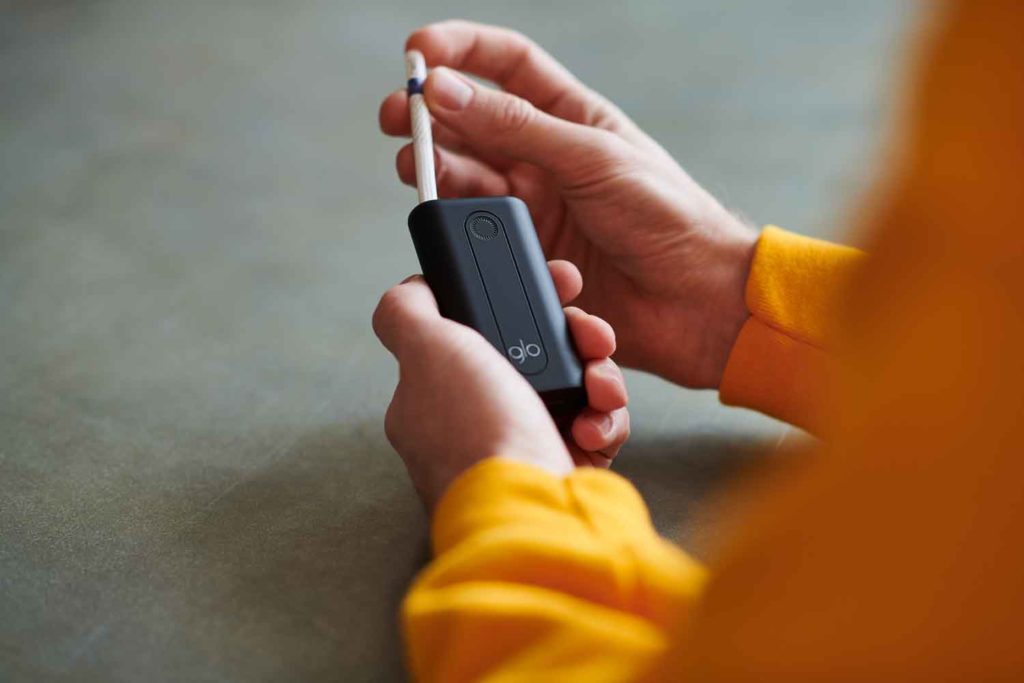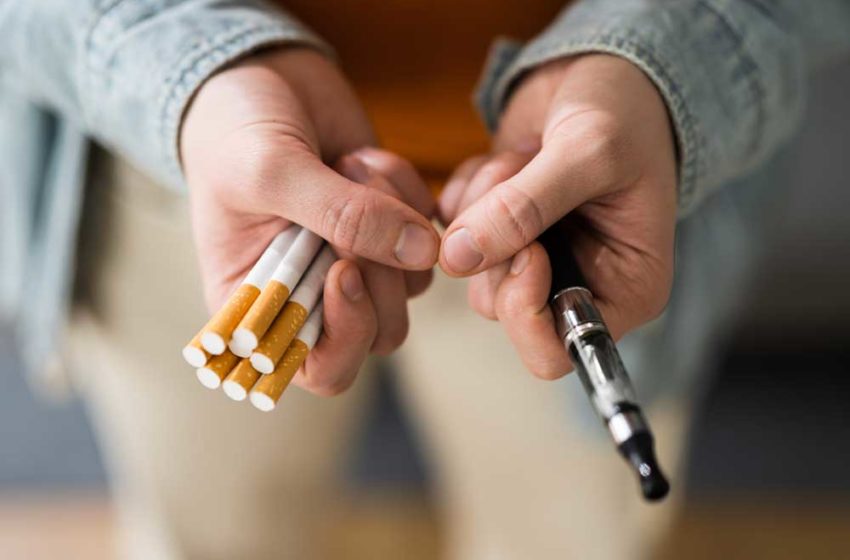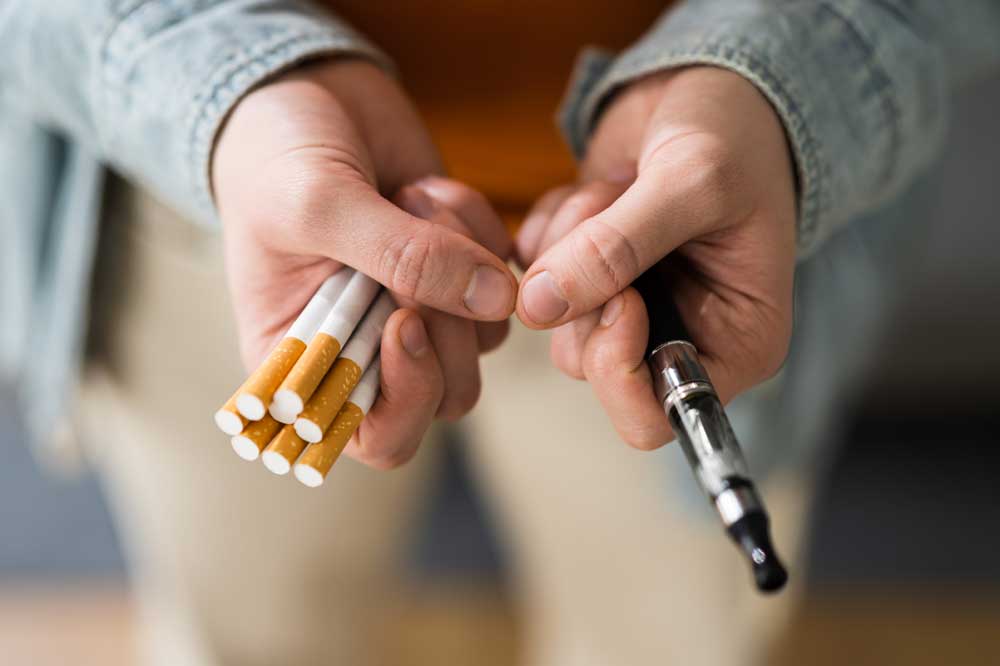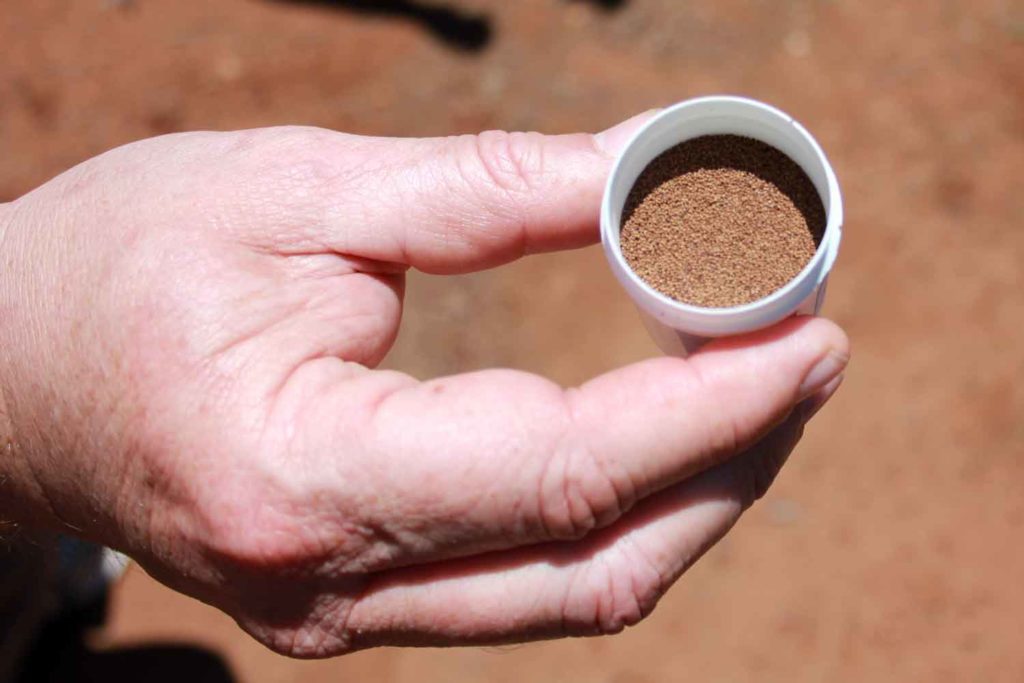
Industry representatives expect Zimbabwe’s tobacco farmers to plant a record hectarage of leaf this season as sales of seed soar, reports The Herald.
As of Sept. 2, 2022, at least 925 kg of tobacco seed with the capacity to cover 184,999 ha was sold, according to the Tobacco Research Board. This would be the largest hectarage ever planted if all the seed sold is sown.
Planting of irrigated tobacco began on Sept. 1, 2022, according to the Tobacco Industry and Marketing Board (TIMB). The TIMB stated that it has designed a monitoring system for contractors’ compliance to help relieve farmers’ anxiety over contract farming agreements.
“As the 2022/2023 season commences, TIMB is working toward standardizing the inputs package offered by contractors to growers,” said Chelesani Moyo, TIMB public relations officer.
“We have come up with a compliance administration framework that every registered contractor should meet. This stipulates the minimum inputs package for both small[-scale] and large-scale growers. The conditions also include the last date for inputs distribution for those who are contracted.”
“The pricing of tobacco being determined at the auction floors through a transparent system is justified as the grower is protected from any unfair pricing by the contractor who stands guided by the previous day grade price matrix obtained from the auction floors,” Moyo added.

